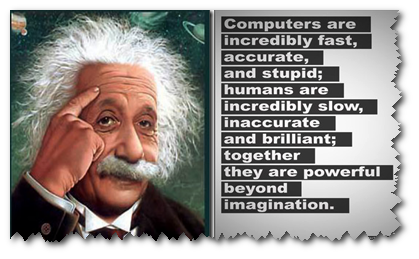As any scientist working in today’s research environment will tell you, poor management is more than a nuisance at the edges of laboratory work. Scientists are human beings first, and ineffective leadership will wreak havoc. Labs will get thrown into turmoil, personality conflicts will undermine teamwork, discrimination will isolate group members, and the creativity so essential to truly great work will vanish. To say that leadership quality can make or break a research-driven organization is not an overstatement--it is the conclusion of scientists themselves.
Managing Scientists: Leadership Strategies in Scientific Research, Second Edition is the only guide directed at the specific needs of the biotechnology and pharmaceutical research…
- Attributes of leaders that support novel science, particularly being caring and compassionate about those working for them
- The powerfully negative climate created by ineffective leaders, which stifles not only novel science but also basic collaboration within the lab
- The crucial importance of dealing with conflict quickly and effectively
- The need for skills in active listening
These scientists also describe their own most difficult problems in leadership, such as:
- Balancing scientific efforts and administrative responsibilities
- Dealing with personality differences in the lab and between labs
- Motivating people
- Communicating effectively
In addition to addressing topics brought up by the expert panel scientists, this Second Edition provides a new chapter on the issues faced by women scientists in industry and academia; expanded materials on the concepts of motivation, leadership, communication, conflict, and project management; and new case studies for the assessment of organizational culture.
An invaluable go-to for developing the kind of leadership that makes great things possible, Managing Scientists, Second Edition provides a key resource to anyone managing scientific work in a life or medical science organization.
DOWNLOAD LINK:



No comments:
Post a Comment